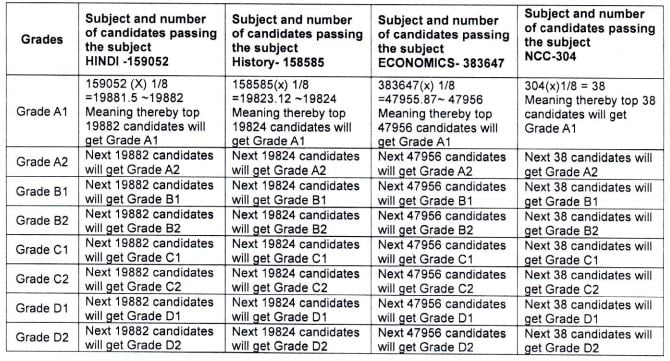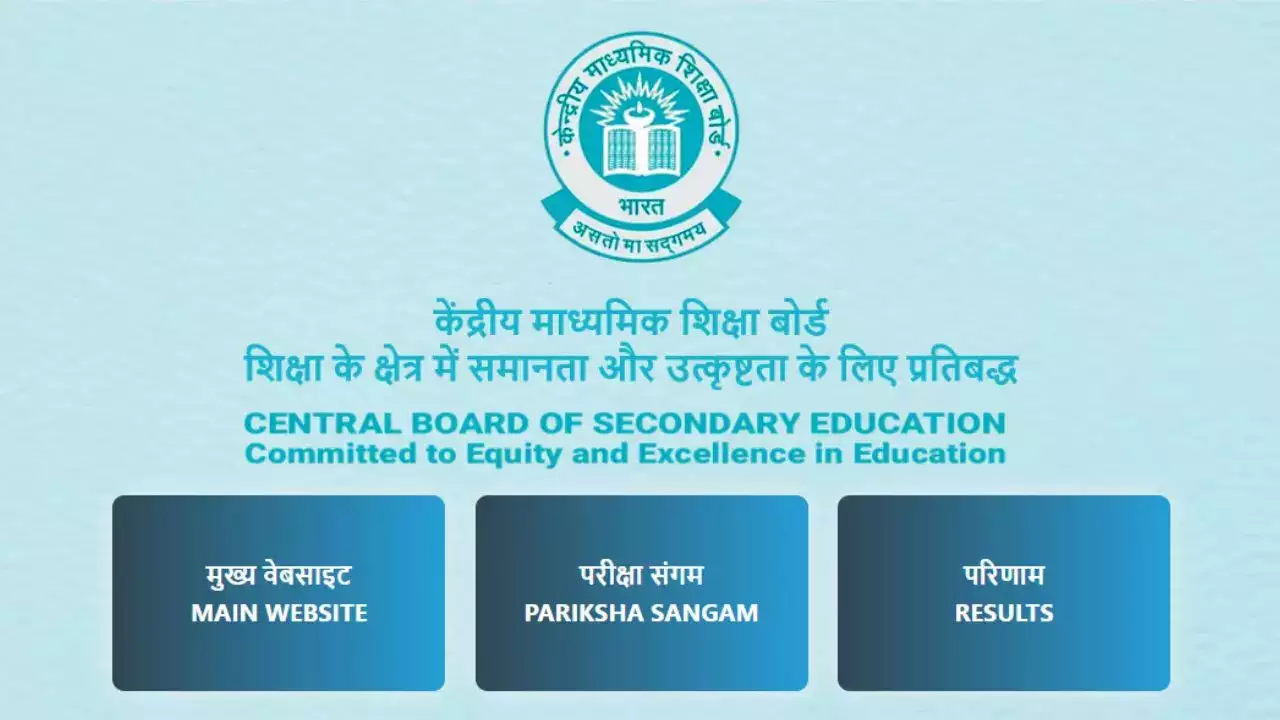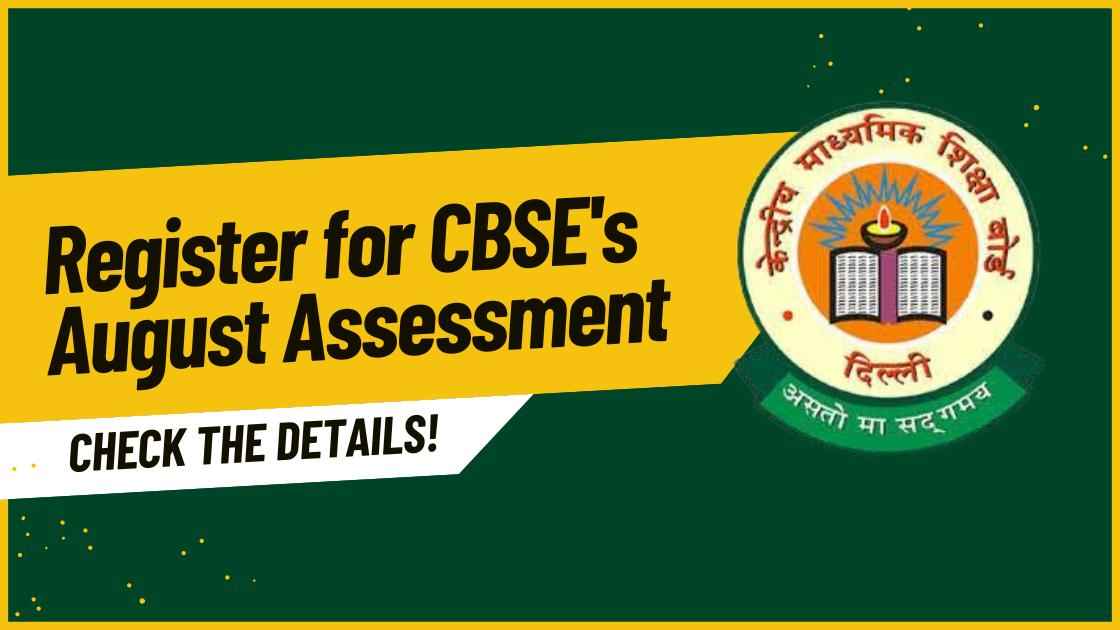CBSE Introduces a New Scientific Approach to Grading
CBSE GRADING SYSTEM 2024: CBSE RELEASED RELATIVE GRADING SYSTEM
The Central Board of Secondary Education (CBSE) has introduced the Relative Grading System for the 2024 academic year. This new approach aims to provide a more scientific method of grading students in classes 10 and 12, moving away from the traditional absolute grading system.
What is Relative Grading?
Relative Grading assigns grades based on the performance of students relative to their peers, rather than fixed cut-off marks. This system ensures that grades reflect the comparative performance of students, taking into account the distribution of scores within the group.
How Does Relative Grading Work?
In the Relative Grading System, students’ grades are determined by placing them in rank order and dividing them into eight equal groups. Here is how the grading is structured:
- Top 1/8 of passed candidates: A-1 grade
- Next 1/8: A-2 grade
- Next 1/8: B-1 grade
- Next 1/8: B-2 grade
- Next 1/8: C-1 grade
- Next 1/8: C-2 grade
- Next 1/8: D-1 grade
- Last 1/8: D-2 grade
Why is CBSE Implementing Relative Grading?
The move to Relative Grading is aimed at addressing the limitations of absolute grading, which relies on predetermined cut-off marks. This method provides a more accurate reflection of students’ performance by considering the relative merit of all candidates.
| Information | Details |
|---|---|
| Introduction of Relative Grading System | CBSE has adopted a new grading system for class 10 and 12 exams. |
| Implementation from 2024 | The new grading system will be implemented starting with the 2024 exams. |
| Grades based on relative performance | Grades are assigned based on the performance of students relative to their peers. |
| Top 1/8 of passed candidates get A-1 grade | The top 1/8 of students will receive the highest grade, A-1. |
| Factors considered in ranking candidates | Adjustments for ties, same grades for same scores, application in large subjects, pattern for smaller subjects. |
| Grades shown on mark sheets and certificates | Grades will be displayed along with marks on official documents. |
What Points are Considered in Ranking Candidates?
The CBSE considers several factors when placing candidates in rank order:
Adjusting for Ties: Minor variations in the proportion of candidates are made to adjust for ties.
Awarding Same Grades in Case of Ties: All students with the same score receive the same grade.
Application in Larger Subjects: This method is used in subjects where more than 500 candidates have passed.
Pattern for Smaller Subjects: For subjects with fewer than 500 candidates, grading follows the pattern of similar subjects.
How are Grades Displayed?
The grades assigned through the Relative Grading System are shown on the students’ mark sheets and certificates, along with the marks obtained in each subject.
What are the Benefits of Relative Grading?
The new grading system offers several benefits:
Reduces the Pressure of Absolute Scores: By focusing on relative performance, it eases the pressure of achieving specific marks.
Promotes Fair Competition: It ensures a fair comparison among students, reflecting their actual performance.
Encourages Comprehensive Learning: This system motivates students to understand concepts deeply rather than focusing solely on scoring high marks.
When Will the New Grading System Be Implemented?
The Relative Grading System will be implemented starting with the CBSE board examinations in 2024. The detailed guidelines and information are available on the official CBSE website.

How Can Students and Educators Prepare?
Students and educators can prepare for this change by:
Understanding the New Grading Criteria: Familiarizing themselves with how relative grading works.
Adapting Teaching Methods: Focusing on comprehensive learning and understanding rather than rote memorization.
Utilizing Resources: Making use of available resources and guidelines provided by CBSE.
The adoption of the Relative Grading System marks a significant shift in the way student performance is assessed, aiming to create a more equitable and accurate evaluation process. For more detailed information, visit the official CBSE website.
Join us in embracing this progressive change in the educational assessment system, which promises to enhance the overall learning experience for students across India.
For the Latest Educational News (CBSE, ICSE, and State Board News) and live news updates, like us on Facebook or follow us on Twitter and Join our Premium Telegram Channel. Read more on Latest Exams & Results News on Shikshapress.com.





